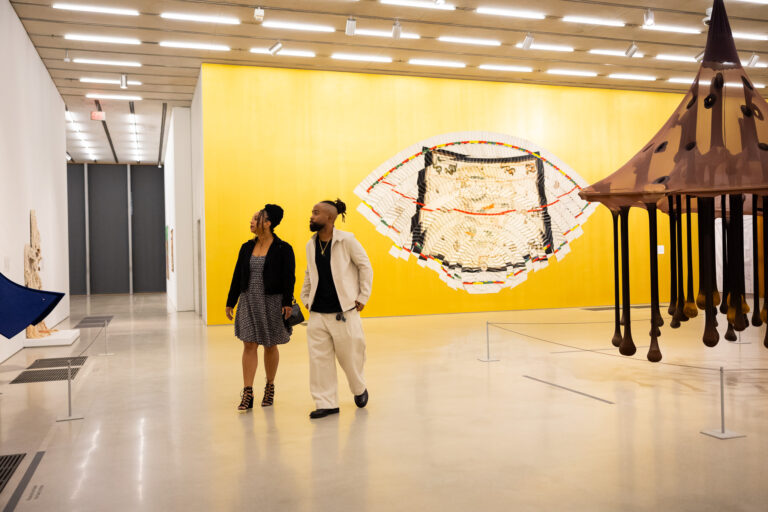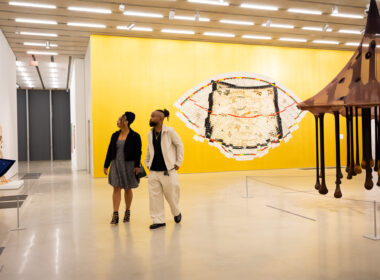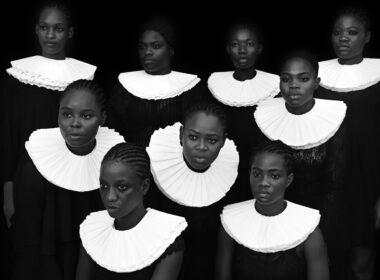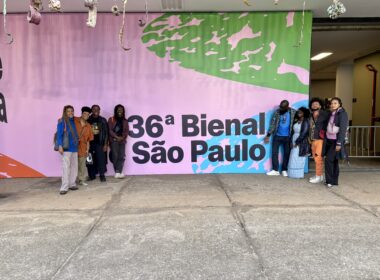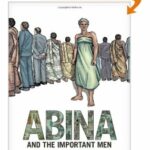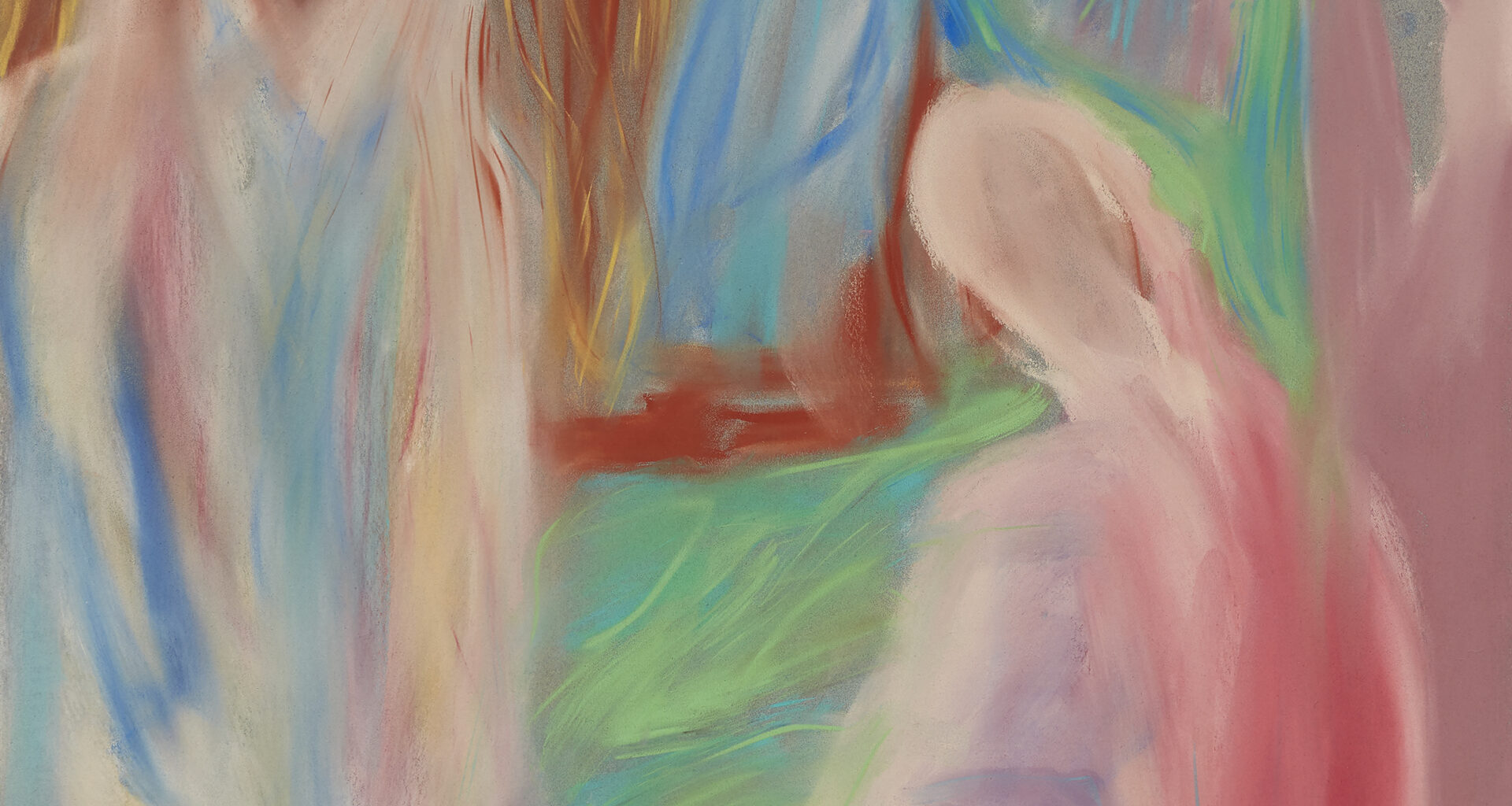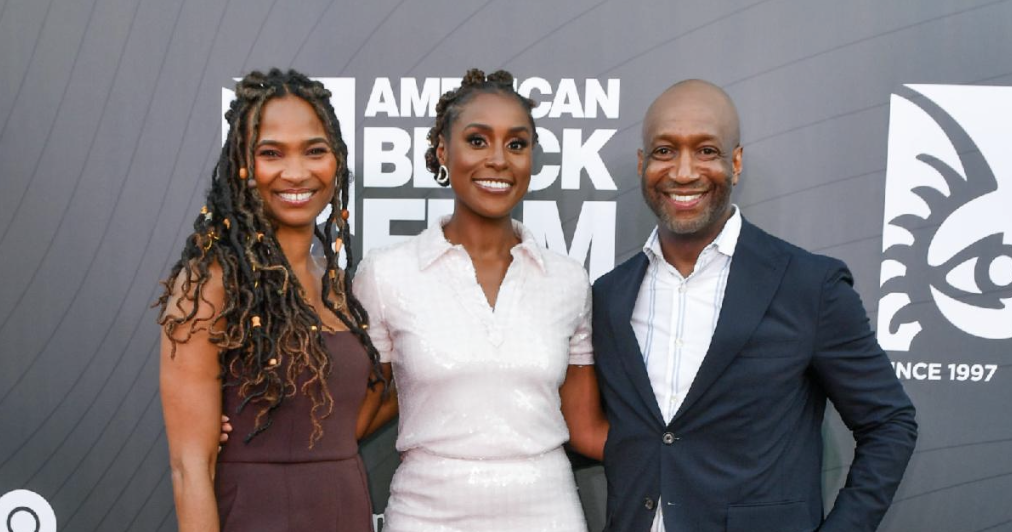“I had been sold and I had no will of my own and I could not look after my body and health… that I am a slave and would therefore come and complain.” With these words, Abina Mansah described to an unsympathetic courtroom her experiences and her reasons for bringing charges against her former master. The important men in the courtroom may not have listened to her, but her words were recorded so that we can hear them today. In this book, the silencing of so many young, enslaved girls is challenged through the courageous actions and bold declarations of Abina Mansah, and contextualized for use in the classroom or the education of the individual reader. “-Publisher
Slavery is stain on global society that can never be healed. For the African Diaspora, it is a permanent that tattoo that we are still trying to deal with: do we celebrate our resilience like our Jewish brothers and sisters or do we try to forget it happened like some diaspora communities do. Or do we take on the attitude that some Europeans take and act as if this not such a “big deal” because it happened in the past. What ever we choose, it will not change that slavery happened and in some parts of the world, is still a modern day occurrence. The book Abina and the Important Men: A Graphic Novel documents a true story of a slave held in what is now Ghana. It is is the story of a woman fighting for what was her birthright and the audacity to have to not only fight for it, but to have to fight a panel of white men to do so. This novel gives a break down of not only the case, but the sometimes sticky circumstance of the British Kingdom’s true stance on slavery. This is an interesting way of telling the story the African Holocaust and an effective way of teaching youth by using a medium that even reluctant readers can understand. Get your copy here.
